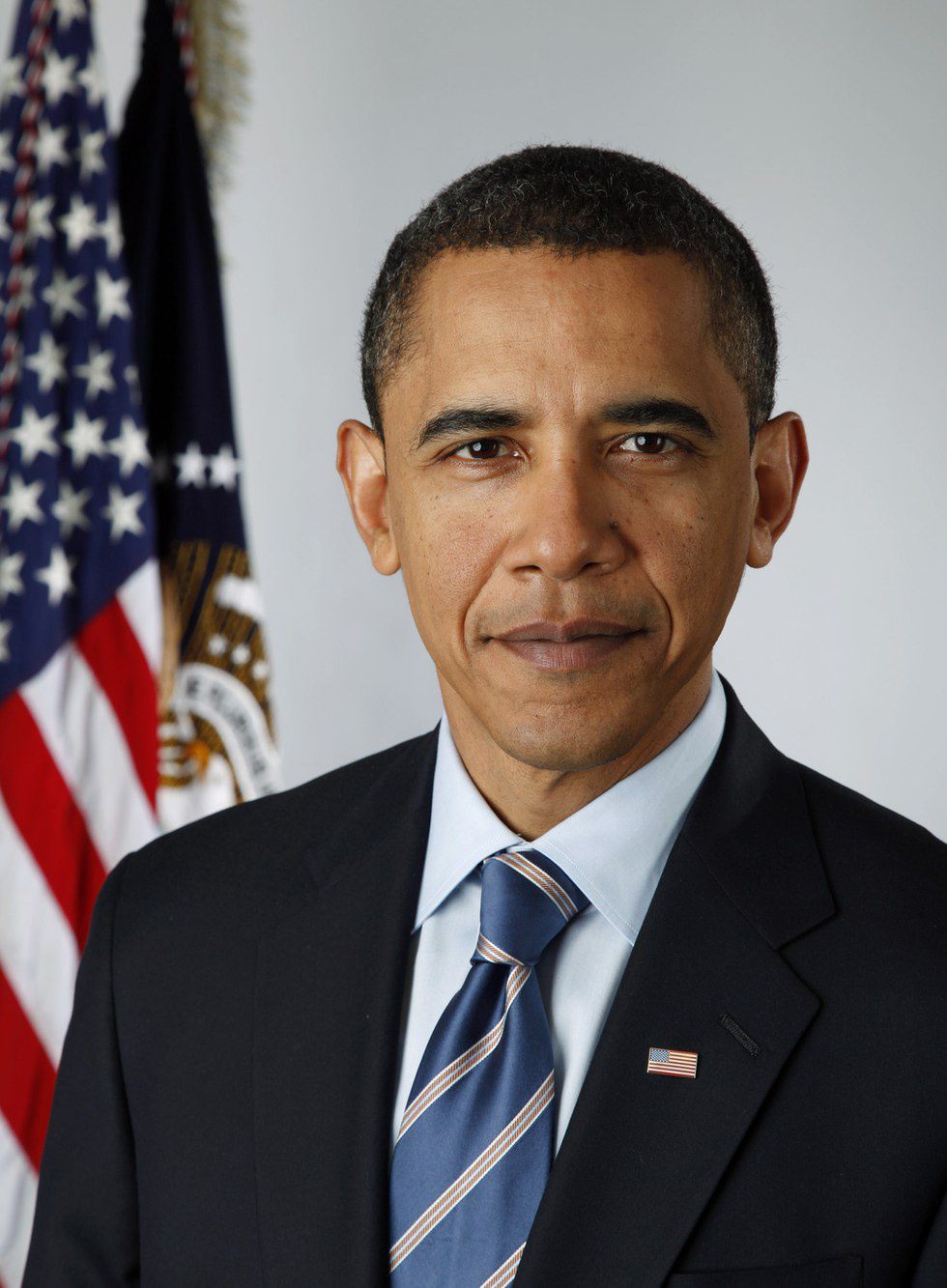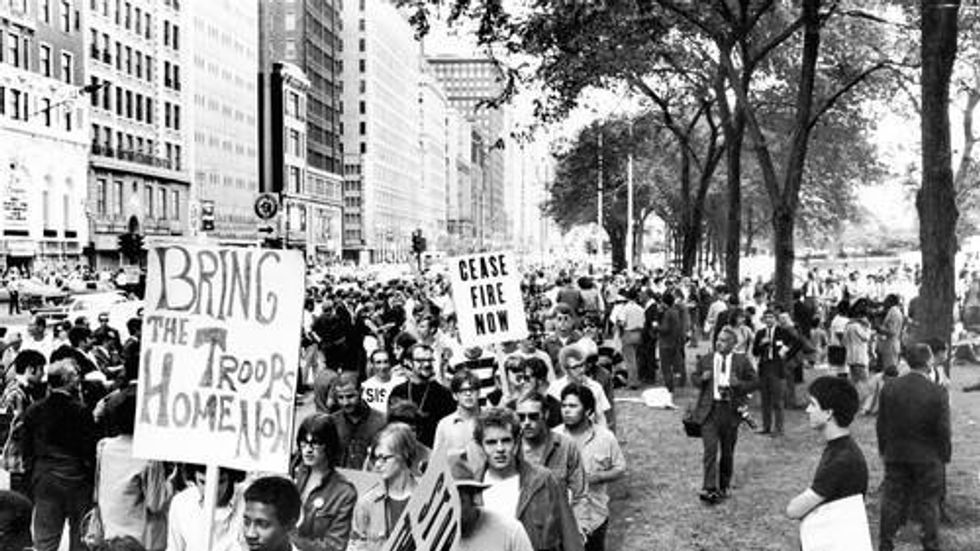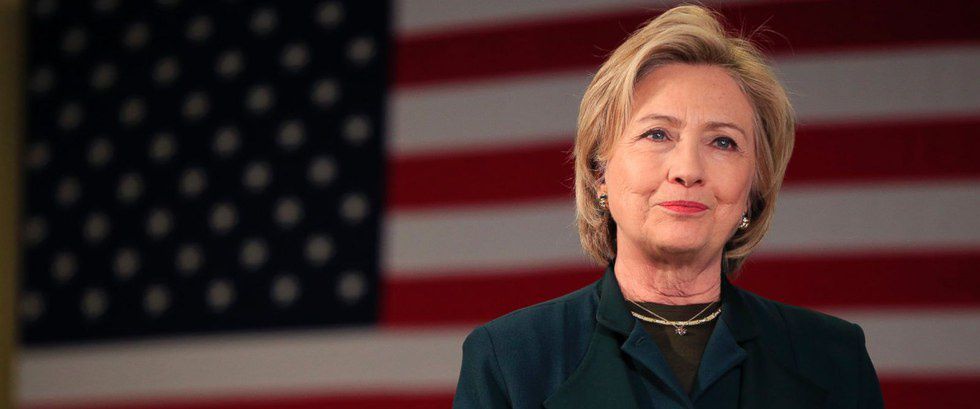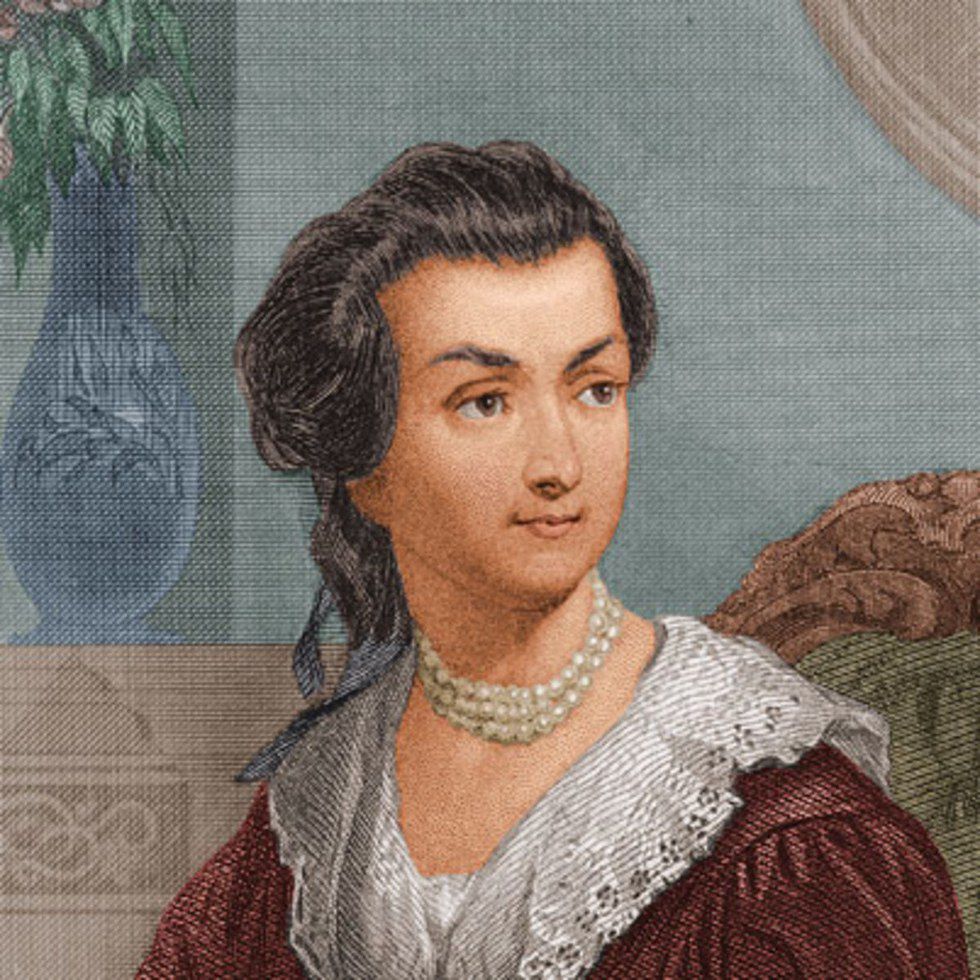I have heard people say that every second that passes, history is being made. Well, the truth is, past and history are two different things. It is impossible to recount the past or to ever have a fully detailed understanding of every action or inaction that has ever occurred since written history began approximately 5,000 years ago.
To say that “history” is being made in every second is far too simple, and not exactly accurate. However, there are moments that every person knows matter. The nomination and then election of Barack Obama, the first African-American (biracial technically) man, to the Presidency of the United States of America was one of those major events that those who were old enough to remember just know will be ingrained in our country’s history.
For those interested in being a history major, just be aware that the study of history tends to be the study of the aristocracy, landed gentry and religious leaders (primarily men), and how these groups interact with one another. One of the first things a history major is told is to always remember three things: people of color, women and the poor. These are the people that tend to be forgotten when events are chronicled. It is important, imperative even, that when given the opportunity to document one of these marginalized groups, to do so.
All of this leads me to the Democratic National Convention of 2016. I knew I was watching history being written when I was 13, and Barack Obama became our 44th president. I may have only had an inkling as to how serious that moment was, but yes, I knew that moment was historical. And this week was another one of those moments, a period in time that none of us will truly begin to recognize the import of for years to come.
The Convention itself is a historical event, one that should be a reminder to the Democratic National Committee to not underestimate small town senators or the frustration of the American people. The “Bernie-or-Bust” movement (I will be getting to that debacle another day), was reminiscent of the chaos of the 1968 Democratic National Convention. If you have a moment, read up on this, I promise you the parallels are shocking.
In stark contrast to the Republican National Convention where protesters' flags/posters and voices were hidden from cameras and escorted out, the DNC wisely chose to allow the “Bernie-or-Bust” protesters to behave (in my opinion) as they saw fit. During the entire convention, I watched as photos popped up online of protesters who continued to occupy the convention floor. The footage of the protesters on the first day of the Convention is actually so upsetting that I had to stop after just a few minutes. This sort of disruption of the establishment was indicative of the power that Senator Sanders has had on this election. And while I felt that the actions were inappropriate, given the time and place, I felt that the situation was handled well by the DNC and Hillary Clinton herself.
But besides the chaos of the protest, there was a moment even more important. A second that speaks volumes to where we are, where we have come from and how much more work we still have to do. That moment was when Hillary Rodham Clinton (former attorney, First Lady of the United States, Senator of New York and Secretary of State) accepted the nomination from the Democratic Party to become the first major party supported the female nominee. That, just like when President Barack Obama accepted his nomination, was a moment that will become a part of the grand tale our country is weaving.
No matter where you fall on the political spectrum, you cannot deny that this is a massive moment in history.
In a letter to her husband in 1776 when the United States declared its independence, Abigail Adams wrote, “In the new code of laws, which I suppose it will be necessary for you to make, I desire you would remember the ladies and be more generous and favorable to them than your ancestors."
Well, we were forgotten. As were people of color, LGBTQIA+ individuals, the poor and countless other groups throughout our relatively short time as a country. And it took 240 years to get here today. 240 years of wars, amendments, protest and fighting. It took 224 years for the first non-white President, and 240 years for women to be nominated by one of the two major parties.
240 years is a long time. I would like to believe that in the not so distant future, women of color will be the nominee. Or a member of the LGBTQIA+. Or a religious minority, or hell, all of those intersections combined.
It took us 240 years to get here, but that doesn’t mean we can relax. Having a Black president has not ended racism. Having Hillary Clinton has not ended sexism. Having Harvey Milk did not stop discrimination against the LGBTQIA+. A step forward doesn’t mean you’ve finished the race, it just means you’re a step closer.
So even though this moment is a moment to savor, let’s not savor too long.






















